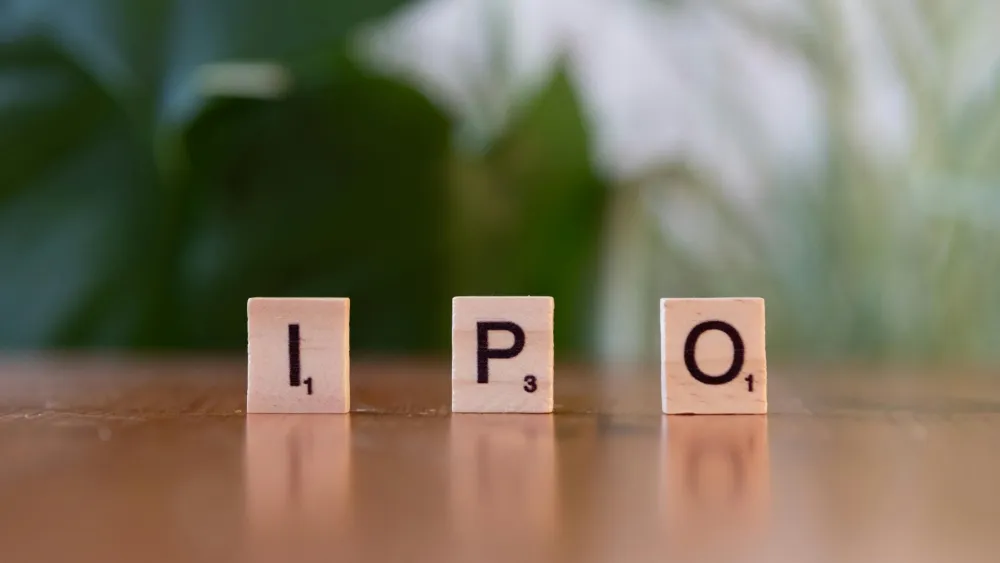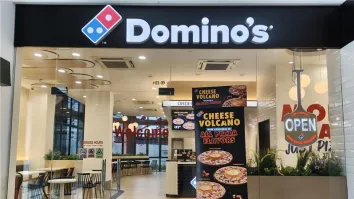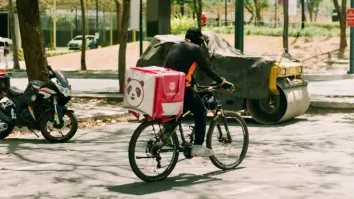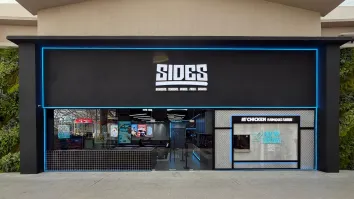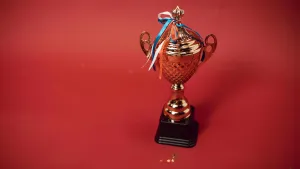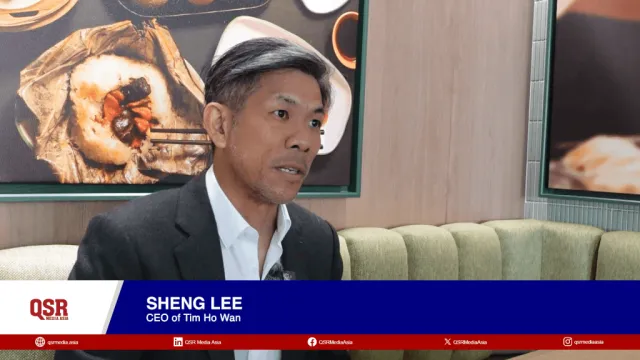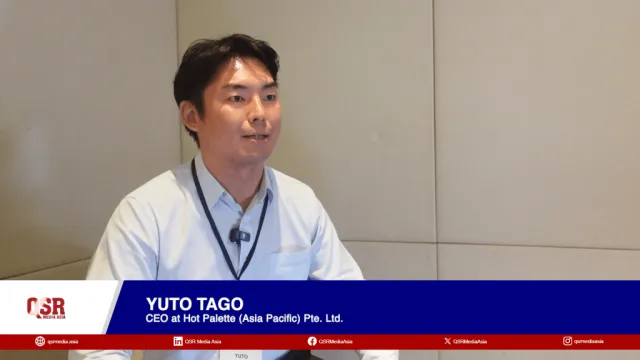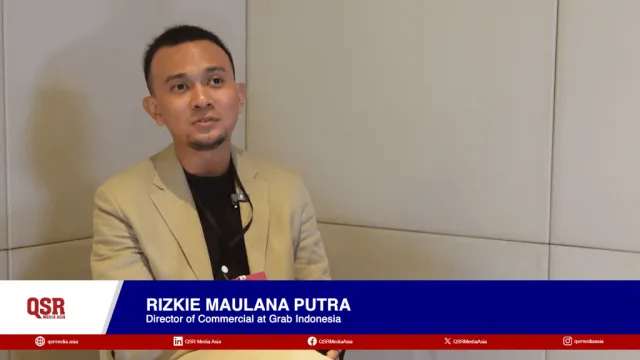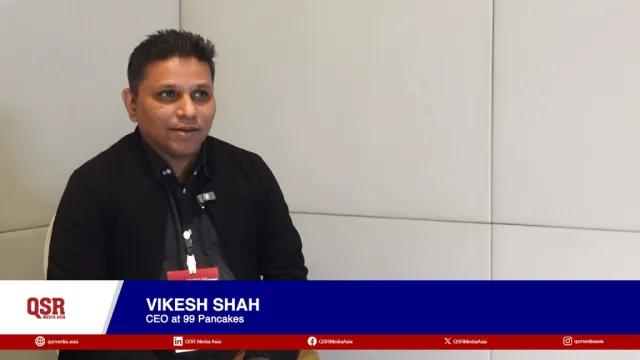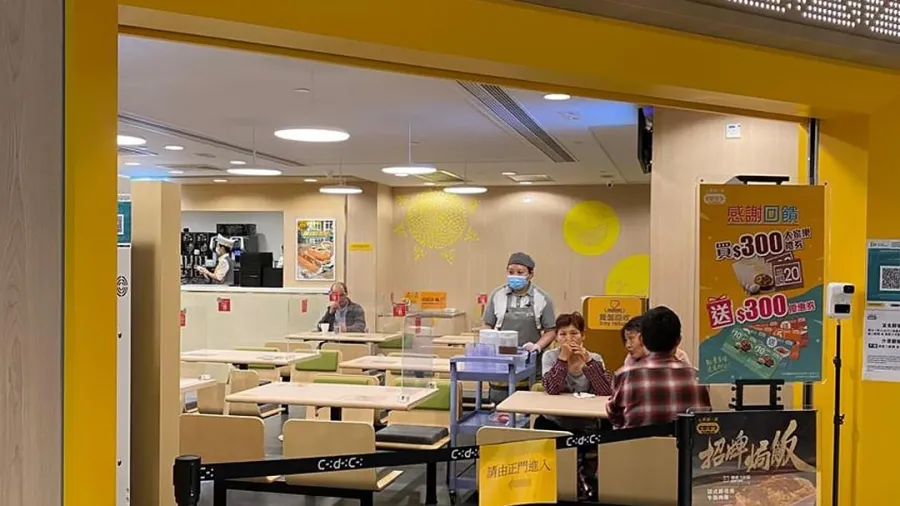
Café de Coral to speed up China expansion after net profit improves
The company said it was able to take advantage of China’s “shorter recovery period”.
Hong Kong-listed Cafe de Coral Holdings is planning to ramp up its expansion in China after its net profit for 2020 almost quintupled, thanks to pandemic relief and subsidies by the Chinese and Hong Kong governments, and other actions taken by the company.
“Our business in mainland China has recovered after the initial severe lockdown. The group will continue to expand its network in the Greater Bay Area,” Sunny Lo Hoi-kwong, chairman of the company, said in a filing.
Cafe de Coral said it was able to take advantage of China’s “shorter recovery period” from the economic impact of the coronavirus pandemic by increasing the pace of network expansion, opening 13 new stores during the year with a strategic focus on Guangzhou and Shenzhen.
It currently has 17 stores in the pipeline to open next year.
As of 31 March 2021, the company had 352 stores in Hong Kong and another 121 in China.
“As the mainland China market was able to [quickly] control the severity of the Covid-19 pandemic, domestic consumption is expected to rebound at a faster rate,” Lo noted.
The company’s net profit surged to HK$359.1 million (US$46.3 million) for the year ended 31 March 2021, from HK$73.6 million in the previous year, according to the filing. Its revenue fell 15.7% to HK$6.7 billion.
Cafe de Coral received HK$638.9 million in pandemic relief and subsidies from the said governments, including HK$486.8 million under the Employment Support Scheme in Hong Kong.
The company also adapted product offerings and operations to a “new normal”, implemented stringent cost controls, manpower deployment and acceleration of technology upgrades to capture more takeaway and delivery business.
“As the pandemic situation resolves, the group expects business performance to make progress along with the economy,” Lo said. “The industry has faced a severe shock and many weaker players have already exited the market. Those that remain are lean, fit and aggressive. And we anticipate a sharply competitive environment in the year ahead.”

